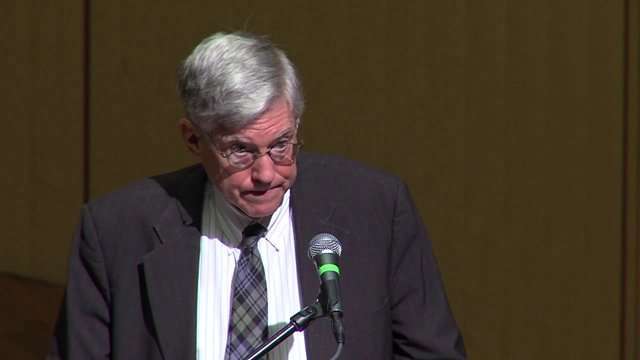Former US Ambassador to Nigeria, John Campbell says the Buhari presidency will enjoy a seamless relationship with the new Biden administration if there is an improvement in its human rights records among other factors.
President Muhammadu Buhari in his congratulatory message to the new US president had said he looked forward to the Biden presidency with great hope.
“We look forward to the Biden presidency with great hope and optimism for strengthening of existing cordial relationships, working together to tackle global terrorism, climate change, poverty and improvement of economic ties and expansion of trade.
“We hope that this will be an era of great positivity between our two nations, as we jointly address issues of mutual interest,” the President stated.
Buhari echoed the aspirations of many Nigerians that also expressed the belief that the Biden administration bodes well for Africa and their country especially.
Recall that the immediate-past administration of Donald Trump had placed an embargo on immigrant visa for Nigerians and some Muslim nations.
Read Also: Quit Notice To Herdsmen: Akeredolu Orders Massive Amotekun Recruitment
Biden lifted the ban within a day of his inauguration.
However, the Trump administration resumed arms sales to Nigeria after an embargo placed by the Barack Obama administration.
Trump was heavily criticised for reportedly calling Nigeria a shit-hole country and describing President Buhari as lifeless.
As hope of better US-Nigeria relations rises, Campbell advised African nations to promote a democratic trajectory shaped by the rule of law, with scrupulous observation of human rights, to truly enjoy a cordial relationship with the new administration.
“Any new administration does indeed provide an opportunity for strengthening the US-Nigeria bilateral relationship. It should be borne in mind, however, that the Biden administration will place much greater emphasis on human rights issues than its predecessor.
“Nigeria’s detention of persons without charge, security service abuses of the civilian population and official restrictions on political activities could inhibit the development of a closer relationship. In my view, that would be a shame, as there are so many areas where close bilateral cooperation and consultation could be productive.
“Specifically, I have in mind the consequences of climate change and how the international community can better respond to the challenges of infectious disease.
“Closer security cooperation would require addressing human rights violations by the security services and outlining a political process that would seek to ameliorate the social and economic conditions that fuel radical insurgencies,” Campbell told Saturday Punch.

